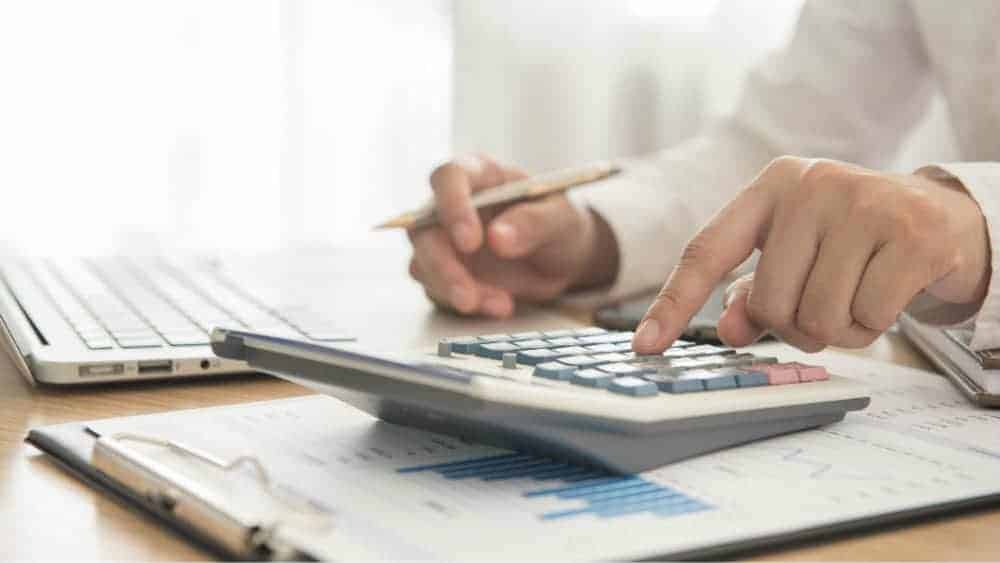Newly unemployed Canadians are getting by in the COVID-19 pandemic due mainly to the Canada Emergency Response Benefit (CERB). The emergency money is serving its purpose, while the Canada Revenue Agency (CRA) is doing its job well.
Each eligible person will receive $2,000 monthly for up to four weeks or a total of $8,000. If you’re a CERB recipient, did you set aside tax money for next year?
Taxable CERB
CERB is a temporary benefits program introduced by the federal government as part of its COVID-19 Response Plan. Total spending has reached $41 billion to date and could increase with three more payment periods coming up. However, recipients need to know that CERB is a taxable income.
You must include your CERB as income for the year 2020 and declare in your tax return when you file it in 2021. The CRA is disbursing the full amount, with no tax deductions whatsoever. Hence, the tax due on the CERB is your lookout.
Recommended disposition
The minimum federal tax rate is 15%, but that is not the only tax component. You also have to consider the provincial and territorial tax rates. Thus, your net CERB could effectively be between 20% and 30% less of the gross amount minus these taxes.
Tax experts are advising recipients to not spending the entire CERB if not necessary. You can set aside at least 20% and be burden-free in next year’s tax season. Should you spend the $8,000, you have sufficient time to save up for the tax due.
The only instance CERB is tax-free is when your basic personal amount (BPA) in 2020 is $13,229 and below. You will not have to pay any income tax.
The CRA CERB is emergency money that should be used primarily during the health crisis. Without it, you would be dipping in your savings to get by. With CERB, you free up your cash and allow you to invest the same amount to create income. Whatever you will earn can offset or compensate for the tax.
Permanent income
Unlike CERB, an investment income can be a permanent thing. Bank of Nova Scotia (TSX:BNS)(NYSE:BNS) is one of the choices for recurring income. This $72.68 billion bank belongs to the elite Big Five banks in Canada. Its dividend track record is 188 years, including the period of the Great Depression.
Your $8,000 can purchase about 133 BNS shares (less than $60 per share as of this writing) and produce $478.40 in passive income. The dividend yield of 5.98% is high, safe, and sustainable, considering the low payout ratio of 58.72%.
Scotiabank recently won the top ranking in the J.D. Power 2020 Canada Online Banking Satisfaction Study. As companies shift to a more digital experience, expect this bank to take the industry-leading position in digital banking. A program called “Bank Your Way” was launched to help seniors become more at ease with online banking while at home.
Be tax conscious
I have to remind CERB recipients and future applicants that the CRA emergency money is not a tax-free benefit. Prepare to pay the tax owed in 2021.









